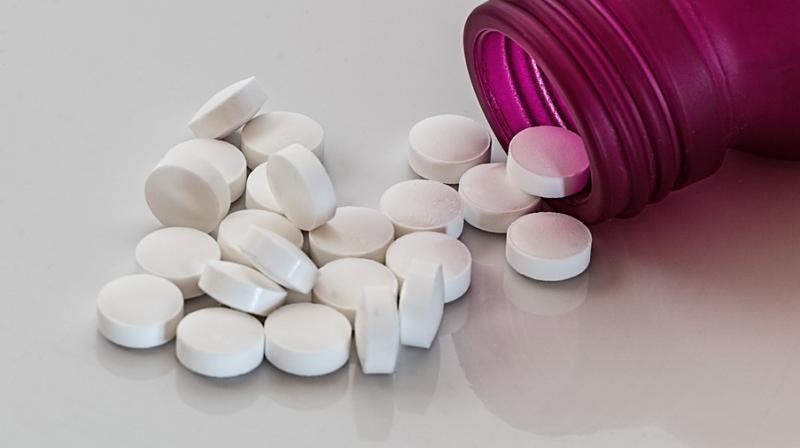People taking HIV-prevention pill may get more primary care
Patients taking this daily pill also tend to get tested and treated more often for hepatitis C and other sexually transmitted infections.

When people take daily pills to minimize their chances of getting HIV, they are also more likely to get routine care like flu shots and recommended screenings for common health problems, a U.S. study suggests.
So-called HIV pre-exposure prophylaxis (PrEP) is highly protective against HIV, and patients taking this daily pill also tend to get tested and treated more often for hepatitis C and other sexually transmitted infections (STIs), researchers note in the American Journal of Public Health. But many people who take PrEP have other unmet medical needs, noted lead study author Julia Marcus of the Harvard Pilgrim Health Care Institute and Harvard Medical School in Boston.
“Most PrEP users in the U.S. are gay and bisexual men, a community for whom experiences of discrimination contribute to a higher risk of mental health conditions, substance use and smoking,” Marcus said by email. “For this reason, PrEP users stand to benefit from the increased opportunities for non-HIV-related screening and treatment.”
All 5,857 patients in the study were treated at a community clinic in Boston specializing in care for sexual and gender minorities. They were all considered at high risk for developing HIV because they had been tested for rectal STIs. Overall, 2,047 patients, or 35 percent, were prescribed PrEP. A total of 2,357 people in the study, or 40 percent, received flu shots.
In addition, 4,353 patients, or 74 percent, were screened for tobacco use, and 4,211, or 72 percent, received screening for depression. Researchers also looked at two tests for diabetes. About 15 percent of patients got a test assessing A1C proteins in the blood, which reflects average blood sugar levels over time, and 51 percent of patients got a different test that looks just at current blood sugar levels.
Compared to patients who didn’t take PrEP, those who did were 28 percent more likely to get flu shots. They were also 7 percent more likely to get screened for depression, and 6 percent more likely to get screened for tobacco use. With PrEP, patients were 78 percent more likely to get a blood sugar test than other people in the study, but they were also 19 percent less likely to get the A1C test.
It’s possible that patients prescribed PrEP were more motivated to care for their health in other ways, or that doctors did more screening for these patients because they assumed they had a higher risk for certain conditions than other people, the study authors note.
The study wasn’t a controlled experiment designed to prove whether or how taking PrEP might influence other care that patients receive. It’s also possible that the impact of PrEP on primary care at a clinic for gender and sexual minorities does not reflect what would happen for patients treated in other settings.
“Provided these results hold across numerous clinics, these findings are exciting because PrEP utilization may allow providers to periodically assess other referrals that are needed for patients engaged in PrEP services,” said Matthew Beymer, a researcher at the University of California, Los Angeles, David Geffen School of Medicine and at the Los Angeles LGBT Center. “This is particularly advantageous for young consumers of PrEP whose only engagement with the healthcare system may be for PrEP services,” Beymer, who wasn’t involved in the study, said by email.
Patients taking PrEP typically have checkups every three months, and this offers more opportunities to provide care to many people who are healthy and don’t often go to the doctor, said Dr. Geoffrey Hart-Cooper, a pediatrician at Stanford Children’s Health in Menlo Park, California, and HIV prevention specialist at the San Francisco Department of Public Health.
“Building this patient-provider relationship over many visits can build trust and potentially lead to more open discussions about sensitive primary care topics such as sexual health, mental health and substance use,” Hart-Cooper, who wasn’t involved in the study, said by email. “Having a trusted provider can have a bigger impact than just HIV prevention - it can support a patient’s overall health.”

